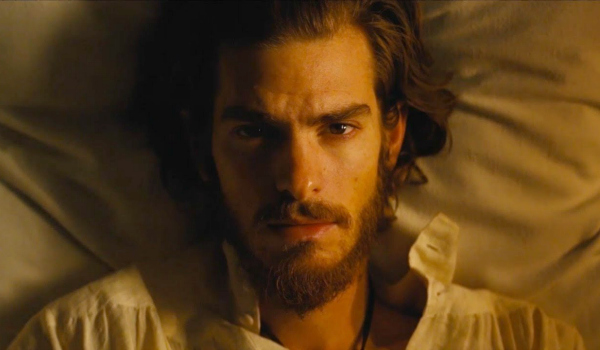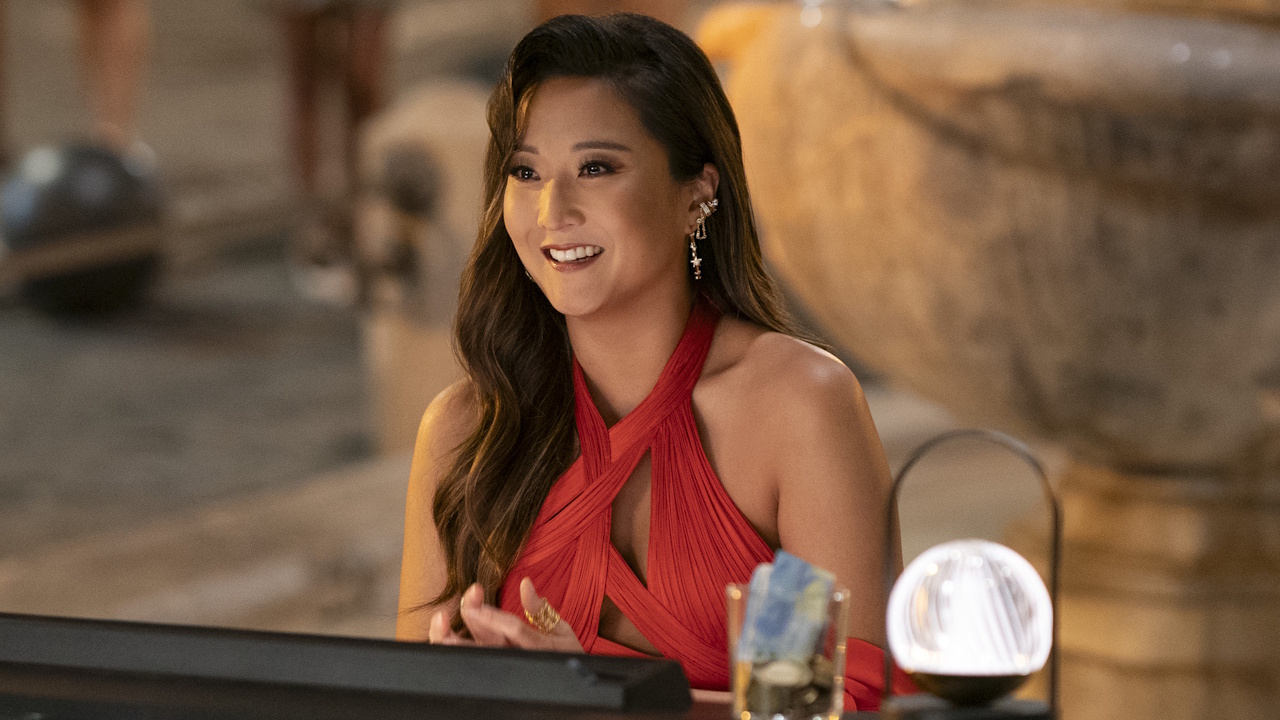Silence has been ruminating in Martin Scorsese's head for over 25 years now. With such an investment, and with Silence clocking in at a mammoth 161 minutes, there was every chance that under the hands of a more tempestuous filmmakers it could have suffered.
But it speaks volumes about the mastery of Marty that he allows Silence to unfold in a patiently rhythmic fashion that's perfectly suited to the story at hand. In doing so, with Silence, Martin Scorsese has created a mesmeric séance of a film, that's undoubtedly challenging, and even verges on being a slog in places. At the same time, though, Silence is precisely epic, drenched in passion and beauty, rewarding, and a reminder that there are many arrows to Martin Scorsese's bow.
Set in the 17th century, Silence follows two Jesuit priests Sebastiao Rodrigues (Andrew Garfield) and Francisco Garupe (Adam Driver) as they trek to Japan to try and locate Father Cristovao Ferreira (Liam Neeson), who is believed to have renounced his faith. But as two of his former pupils, Rodrigues and Garupe don't believe that he has committed apostasy. Japan has outlawed Christianity, though, meaning that the pair have to remain hidden from the local government, while they still provide service to local Christians, and try to begin their long trek to locate Ferreira.
Silence is the anti-Wolf Of Wall Street. It doesn't need to scream for attention. Instead it meditates. It hums, and lives and plays off the expressions and pain and anguish that are bubbling in its characters. With such nuanced portrayals required, Scorsese assembles a stunning ensemble to play out his tale.
A gaunt Adam Driver brings an understandable nerve and tension to the film as Garupe, and is a worthy foil to Andrew Garfield's Rodrigues. Meanwhile Liam Neeson provides a flailed measurement as Ferreira, Yosuke Kubzuka is devilishly evasive as Kichiiro, Shinya Tusamoto is rousingly stoic as the defiant Mokichi, and Issey Ogata showcases a Machiavellian calm and workmanlike demeanor in his torturing of the Christians as Emperor Hirohito.
Andrew Garfield is the beating heart of Silence, though, as well as our eyes and ears through the meandering tale. While Rodrigues is just as earnest as Eduardo Saverin (The Social Network), Peter Parker (Amazing Spider-Man), and Desmond Doss (Hacksaw Ridge), he's tested and pushed much, much further. This brings out a rage, intensity, sorrow, regret, and anguish in Garfield which he displays incrementally and in a stunningly controlled fashion, as he is also able to get these emotions across without it impeding the rest of his performance.
But, for better and ever so slightly for worse, Silence is all Scorsese, though. Unlike the director's most recent outings (The Wolf Of Wall Street, Hugo, Shutter Island, The Departed), which have used excess, extravagance, mystery, and violence to entrance an audience, Silence is much more contemplative and restrained, as the story ekes out. The last Scorsese film that Silence is comparable to is Kundun, while there are shades of The Age Of Innocence, The Last Temptation Of Christ, and Alice Doesn't Live Here Anymore about how anti-Marty it is.
Your Daily Blend of Entertainment News
Unfortunately, because it is directed by Martin Scorsese, you're constantly waiting for a tubthumping moment akin to his past movies to arrive, and it takes you out of the film. Instead, Scorsese has fun in the 17th century, Eastern, naturalistic setting, while its violence and torture is much more drawn out, and while they never get under your skin, the implication and toil impacts its characters. Because Silence never sets out to include such a vociferous scene, it should become more and more rewarding on repeated viewings, while its occasional drag should dissipate then, too.
Silence doesn't challenge Scorsese's best, and its elongated approach, meditation of faith, and exploration of unanswerable questions won't be for everyone. But it's a stark and though-provokingly probing footnote to one of the finest directorial careers in the history of cinema, and proof that even when he changes pace, Martin Scorsese is still formidable.


